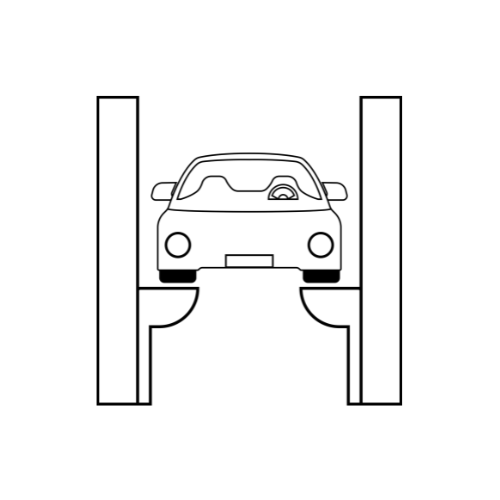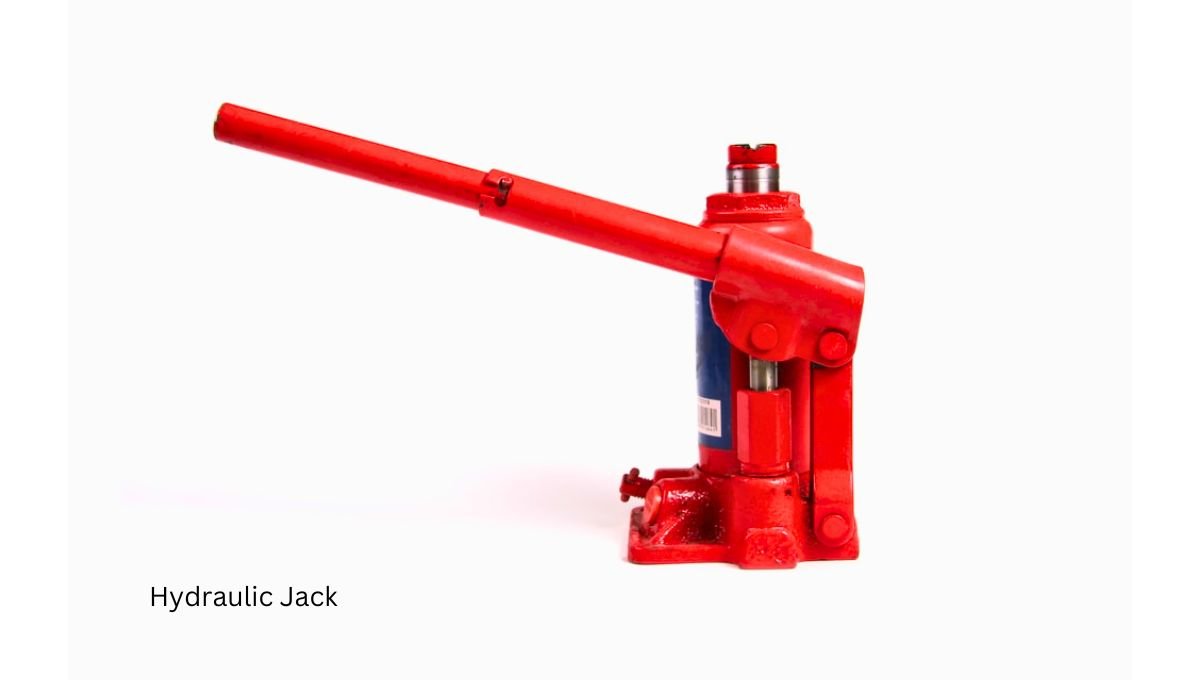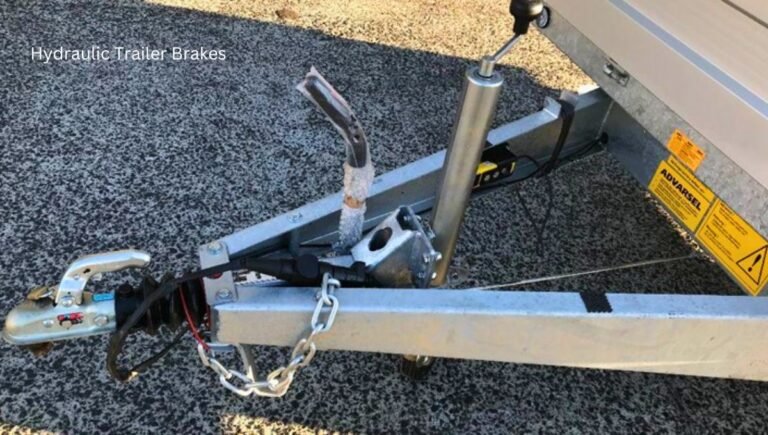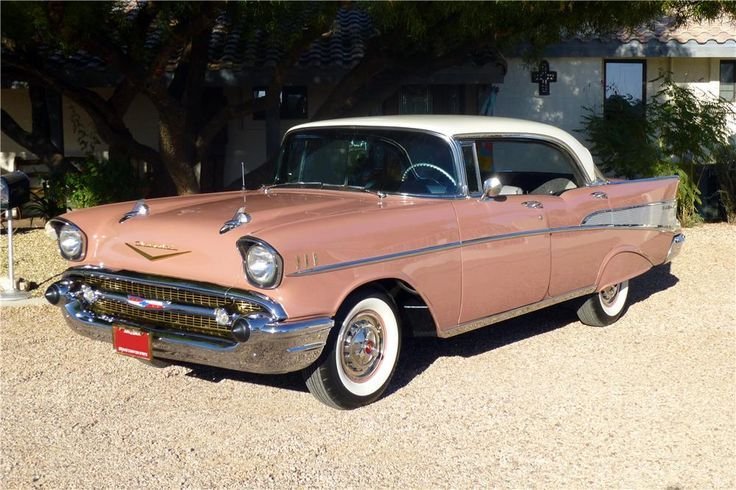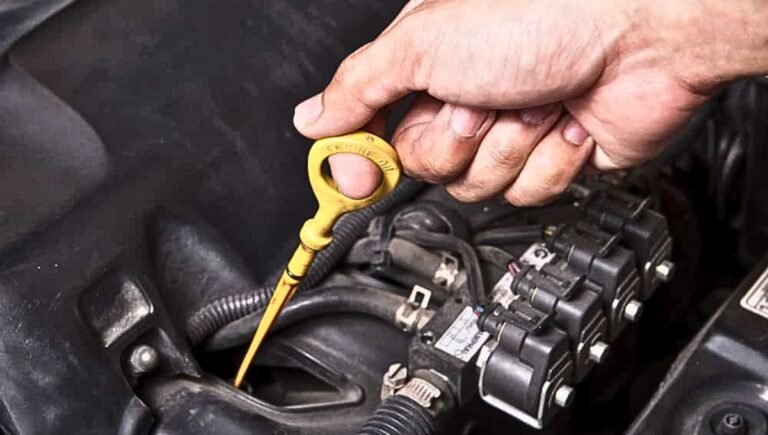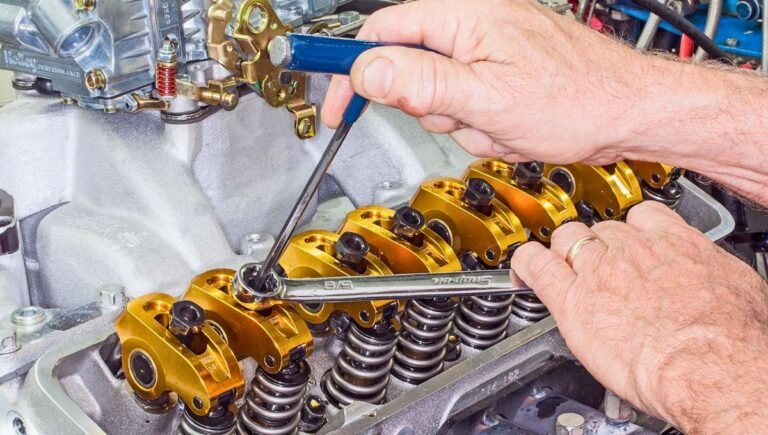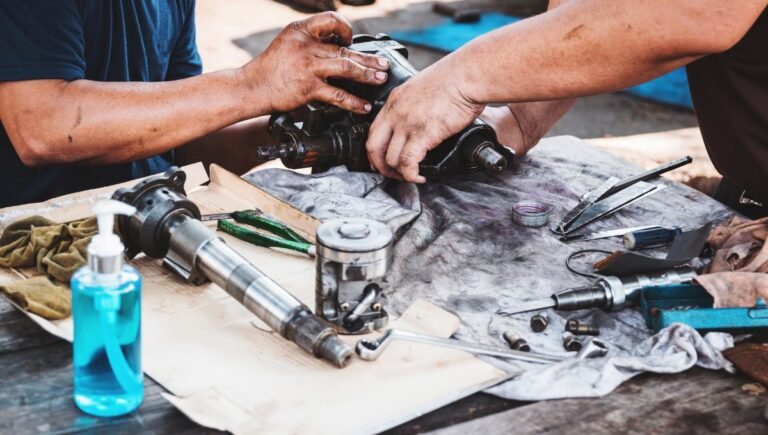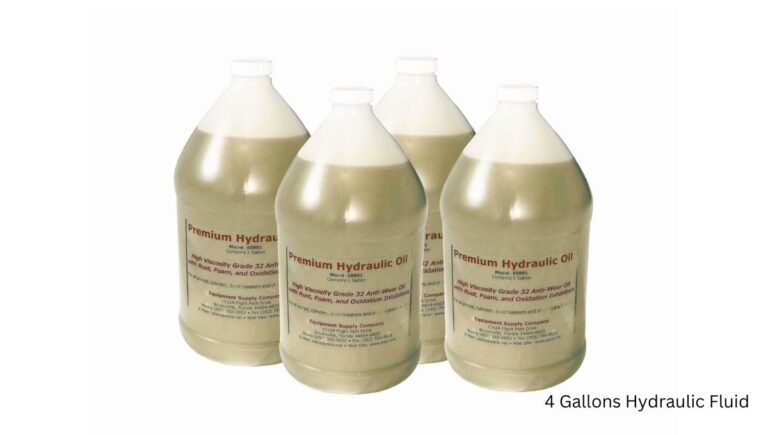Can I Use Brake Fluid in a Hydraulic Jack? Safety Tips
No, you should not use brake fluid in a hydraulic jack. Brake fluid and hydraulic jack oil have different formulations.
Hydraulic jacks require specific oil to function properly and maintain their efficiency. Using brake fluid can cause damage to the seals and other internal components of the jack. This can lead to leaks, reduced lifting capacity, and eventual failure of the jack.
Hydraulic jack oil is designed to handle the pressures and demands of lifting heavy loads. It also provides necessary lubrication and anti-wear properties. Always use the recommended hydraulic jack oil specified by the manufacturer to ensure safety and longevity of the equipment. Proper maintenance and using the correct fluids are essential for the safe operation of hydraulic jacks.
Brake Fluid Vs. Hydraulic Jack Oil
Choosing the right fluid for your hydraulic jack is crucial. Using the wrong fluid can damage your equipment. Let’s compare brake fluid and hydraulic jack oil to understand their differences.
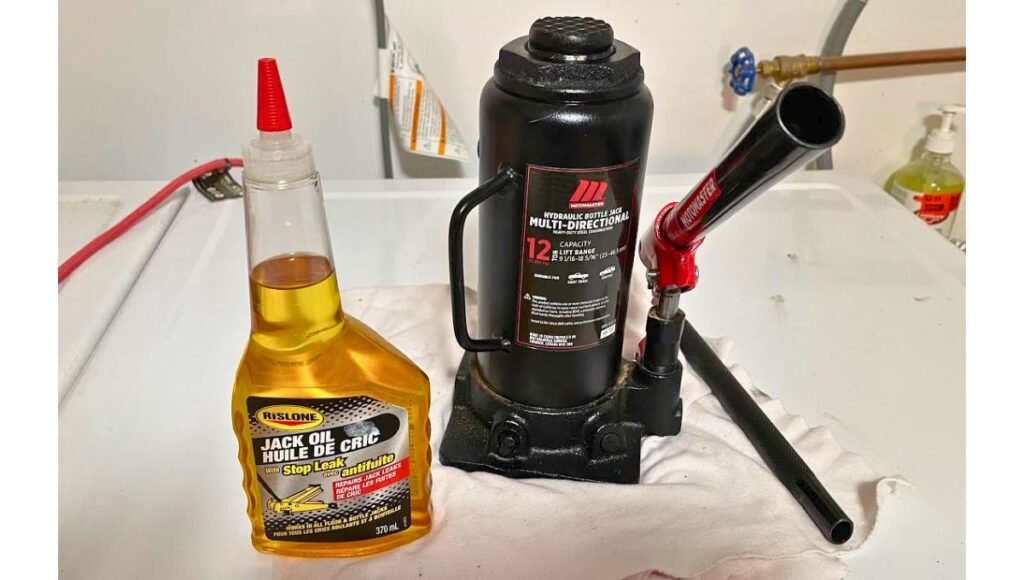
Key Properties Of Brake Fluid
Brake fluid is designed for brake systems. It has specific properties to handle high temperatures and pressures. Here are some key properties:
- High Boiling Point: Brake fluid resists boiling under high heat.
- Corrosion Inhibitors: It prevents rust in brake systems.
- Compressibility: Brake fluid is non-compressible, ensuring firm brake pedal feel.
- Hygroscopic Nature: It absorbs moisture, which can reduce effectiveness over time.
Hydraulic Jack Oil Characteristics
Hydraulic jack oil is formulated for lifting heavy loads. Its properties differ from brake fluid:
- Low Viscosity: Hydraulic jack oil has a lower viscosity for smooth operation.
- Anti-Wear Additives: It contains additives to reduce wear on components.
- Thermal Stability: Hydraulic jack oil remains stable under temperature changes.
- Non-Hygroscopic: It does not absorb moisture, maintaining effectiveness.
| Property | Brake Fluid | Hydraulic Jack Oil |
|---|---|---|
| Boiling Point | High | Moderate |
| Corrosion Resistance | Yes | Yes |
| Viscosity | Higher | Lower |
| Hygroscopic | Yes | No |
| Anti-Wear Additives | No | Yes |
Using brake fluid in a hydraulic jack is not recommended. Each fluid is designed for different applications. Choose the right fluid to ensure safe and efficient operation.
Risks Of Using Brake Fluid In A Hydraulic Jack
Using brake fluid in a hydraulic jack can lead to severe problems. Hydraulic jacks require specific fluids to function correctly. Substituting brake fluid can cause damage and safety issues.
Chemical Compatibility Issues
Brake fluid and hydraulic fluid have different chemical compositions. Brake fluid is designed for high-temperature environments in braking systems. Hydraulic fluid, on the other hand, is made to work under pressure in hydraulic jacks.
Using brake fluid in a hydraulic jack can cause chemical reactions. These reactions can lead to the degradation of internal components. This incompatibility can result in reduced performance and potential failure.
Impact On Seals And Components
Brake fluid can be harsh on the seals and components of a hydraulic jack. Hydraulic jacks have seals made of specific materials compatible with hydraulic fluid. Brake fluid can cause these seals to swell or degrade.
This degradation can lead to leaks and loss of pressure in the jack. Leaks can make the jack unsafe and unreliable. In the worst-case scenario, the jack can fail during use, causing injury or damage.
To sum up, using brake fluid in a hydraulic jack can cause serious issues. Always use the recommended hydraulic fluid to ensure safety and performance.
Safety Concerns With Incorrect Fluids
Using the wrong fluid in a hydraulic jack can lead to serious issues. One common question is, “Can I use brake fluid in a hydraulic jack?” The answer is no. Using brake fluid instead of the recommended hydraulic fluid can cause damage and pose safety risks. This section will explore the potential dangers.
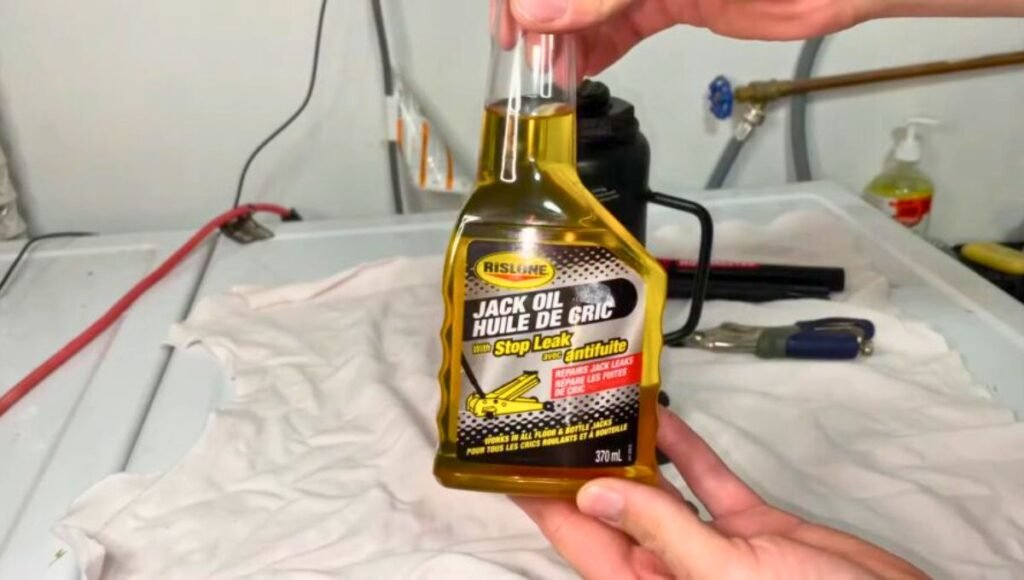
Potential For Jack Failure
Hydraulic jacks rely on specific fluids to function correctly. Using brake fluid can cause the seals to degrade. This can lead to leaks and reduce the jack’s efficiency. Over time, the jack may fail to lift heavy objects. This can be dangerous during repairs or maintenance tasks.
Here are some potential issues:
- Seal deterioration
- Leakage
- Reduced lifting capacity
Hazardous Situations
Brake fluid is not designed for hydraulic jacks. It has different chemical properties. Using brake fluid can create hazardous situations. Leaks can cause slippery surfaces, increasing the risk of falls. The jack may also collapse under load, posing a risk of injury.
Consider these risks:
- Slippery surfaces
- Jack collapse
- Injury or damage
| Correct Fluid | Brake Fluid |
|---|---|
| Designed for jacks | Not designed for jacks |
| Maintains seal integrity | Causes seal degradation |
| Safe operation | Risk of failure |
Always use the recommended hydraulic fluid for your jack. This ensures safe and efficient operation. Avoid using brake fluid to prevent hazardous situations and potential failures.
Proper Maintenance Of Hydraulic Jacks
Proper maintenance of hydraulic jacks ensures their longevity and safe operation. Regular inspection and fluid replacement are essential tasks. These tasks help prevent malfunctions and extend the jack’s life. Here’s how you can maintain your hydraulic jack effectively.
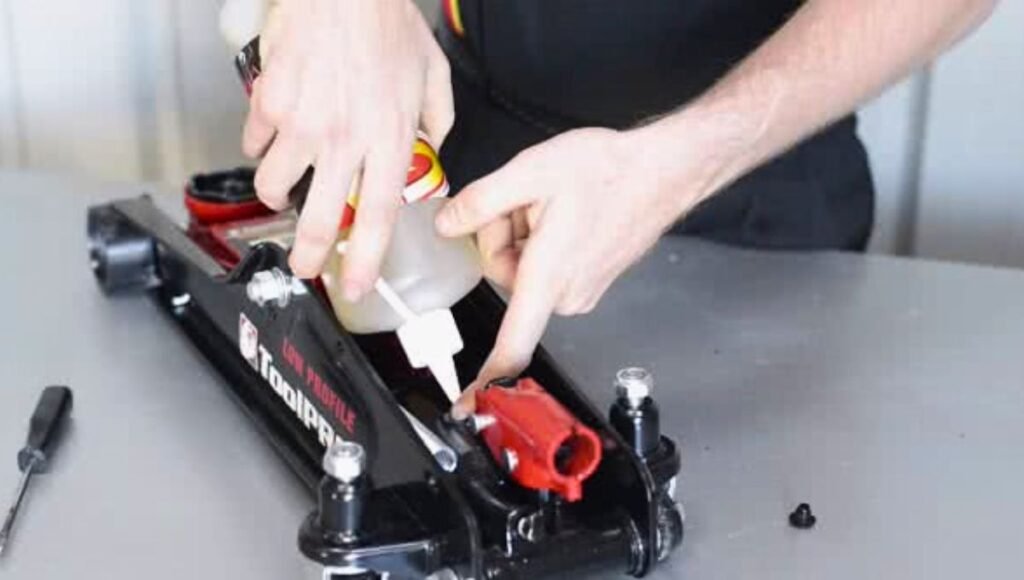
Regular Inspection Routine
Perform a regular inspection routine to identify potential issues early. Follow these steps:
- Check for visible leaks around the jack.
- Inspect the jack’s body for cracks or damage.
- Ensure all bolts and nuts are tight.
- Test the jack’s lifting and lowering functions.
Using a checklist can help ensure nothing is overlooked. Below is a simple checklist:
| Task | Frequency |
|---|---|
| Leak inspection | Weekly |
| Body inspection | Monthly |
| Bolts and nuts check | Monthly |
| Function test | Weekly |
Fluid Replacement Guidelines
Fluid replacement is crucial for optimal performance of hydraulic jacks. Follow these guidelines:
- Use the recommended hydraulic fluid, not brake fluid.
- Drain the old fluid completely before adding new fluid.
- Check the fluid level regularly.
- Replace the fluid every six months or as advised.
Using the correct fluid type is essential. Brake fluid can damage the jack. Always refer to the manufacturer’s manual for specific guidelines.
Choosing The Right Fluid For Your Jack
Using the correct fluid is crucial for the performance of your hydraulic jack. This ensures smooth operation and extends the lifespan of the jack. Let’s dive into the specifics of what fluid to use.
Manufacturer’s Recommendations
Always consult your jack’s manual for fluid recommendations. Manufacturers design jacks with specific fluids in mind. Using the recommended fluid ensures optimal performance.
Hydraulic oil is commonly recommended. It has properties suited for high-pressure environments. Each brand may have different requirements, so it’s essential to follow their guidelines.
| Brand | Recommended Fluid |
|---|---|
| Brand A | Hydraulic Oil A |
| Brand B | Hydraulic Oil B |
Alternative Fluid Options
In emergencies, you might consider alternatives. However, these should be short-term solutions. Some alternatives include:
- Automatic Transmission Fluid (ATF)
- Power Steering Fluid
- Brake Fluid (only in dire situations)
Brake fluid is not ideal. It can damage the seals of your hydraulic jack. Use it only if there’s no other option available.
Always revert to the recommended fluid as soon as possible. This practice ensures the longevity of your hydraulic jack.
Steps To Replace Fluid In A Hydraulic Jack
Replacing the fluid in your hydraulic jack is essential for its proper function. This process ensures your jack operates smoothly. Follow these simple steps to replace the fluid.
Draining Old Fluid
First, you need to drain the old fluid from the hydraulic jack. Follow these steps:
- Place the jack on a flat surface.
- Open the release valve to lower the jack completely.
- Locate the fluid fill plug and remove it using a screwdriver.
- Tilt the jack to pour out the old fluid into a container.
- Dispose of the old fluid responsibly.
Filling With Appropriate Fluid
After draining the old fluid, fill the jack with the right fluid. Use these steps:
- Ensure the jack is still on a flat surface.
- Using a funnel, pour in the new hydraulic fluid.
- Fill until the fluid reaches the fill hole level.
- Replace the fill plug and tighten it securely.
- Test the jack to ensure it operates smoothly.
Myths About Hydraulic Fluids
Understanding the right fluid for your hydraulic jack is crucial. Many myths exist about hydraulic fluids. Let’s debunk them.
Common Misconceptions
Many believe brake fluid can replace hydraulic fluid. This is a common misconception. Brake fluid and hydraulic jack fluid have different properties.
- Brake fluid is designed for brake systems.
- Hydraulic fluid is made for jacks and other hydraulic systems.
Brake fluid can corrode the hydraulic jack components. This leads to damage and malfunction.
Truths Behind Fluid Usage
Understanding the truths behind fluid usage is important. Each fluid has its own purpose.
- Brake fluid: Works in high-temperature brake systems.
- Hydraulic fluid: Operates hydraulic jacks and ensures smooth lifting.
Using the correct fluid ensures your hydraulic jack works properly. It also extends the life of the jack.
| Fluid Type | Primary Use |
|---|---|
| Brake Fluid | Brake Systems |
| Hydraulic Fluid | Hydraulic Jacks |
Don’t mix fluids. Always use the fluid recommended by the manufacturer.
Expert Tips For Hydraulic Jack Care
Proper care of your hydraulic jack ensures its longevity and efficiency. Following expert tips can save you time and money. Here are some essential practices to keep your hydraulic jack in top shape.
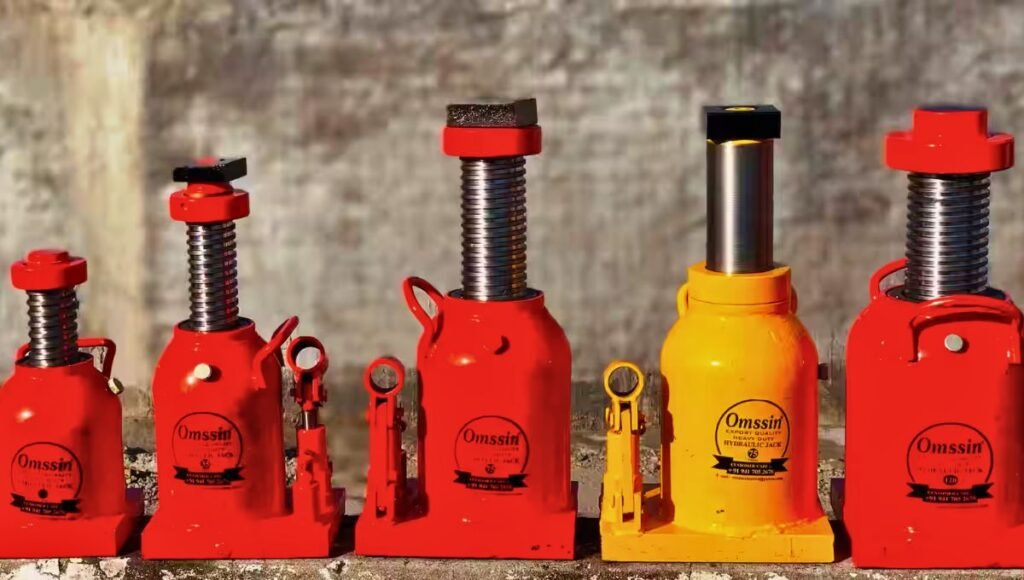
Longevity Practices
Maintaining your hydraulic jack involves simple, routine checks.
- Regular Inspection: Check for leaks, rust, and wear. Address issues immediately.
- Cleanliness: Keep the jack clean. Dirt and debris can cause damage.
- Lubrication: Ensure all moving parts are well-lubricated.
- Proper Storage: Store in a dry place. Avoid extreme temperatures.
Following these steps can extend your jack’s lifespan significantly.
Troubleshooting Common Issues
Even with proper care, issues can arise. Here are solutions to common problems.
| Issue | Solution |
|---|---|
| Jack won’t lift | Check the oil level. Refill if necessary. |
| Jack leaks fluid | Inspect seals and replace damaged ones. |
| Jack lowers slowly | Bleed the system to remove air pockets. |
Understanding these solutions can help you fix problems quickly.
Can You Use Brake Fluid In A Hydraulic Jack?
No, you shouldn’t use brake fluid in a hydraulic jack. Brake fluid is different from hydraulic fluid and can damage the jack’s seals and components.
What Fluid Is Recommended For Hydraulic Jacks?
Hydraulic jacks typically use hydraulic oil. This oil is specifically designed for the pressure and lubrication needs of hydraulic systems.
What Happens If You Use Brake Fluid In A Jack?
Using brake fluid in a hydraulic jack can cause seal damage and leaks. It may also lead to jack failure.
Can Hydraulic Oil And Brake Fluid Be Mixed?
No, hydraulic oil and brake fluid should not be mixed. They have different chemical compositions and mixing them can cause system failure.
Conclusion
Using brake fluid in a hydraulic jack is not recommended. It can damage the seals and reduce efficiency. Always use the manufacturer-recommended fluid for optimal performance. Proper maintenance ensures safety and extends the life of your hydraulic jack. Stick to the right fluid for hassle-free operation and longevity.
